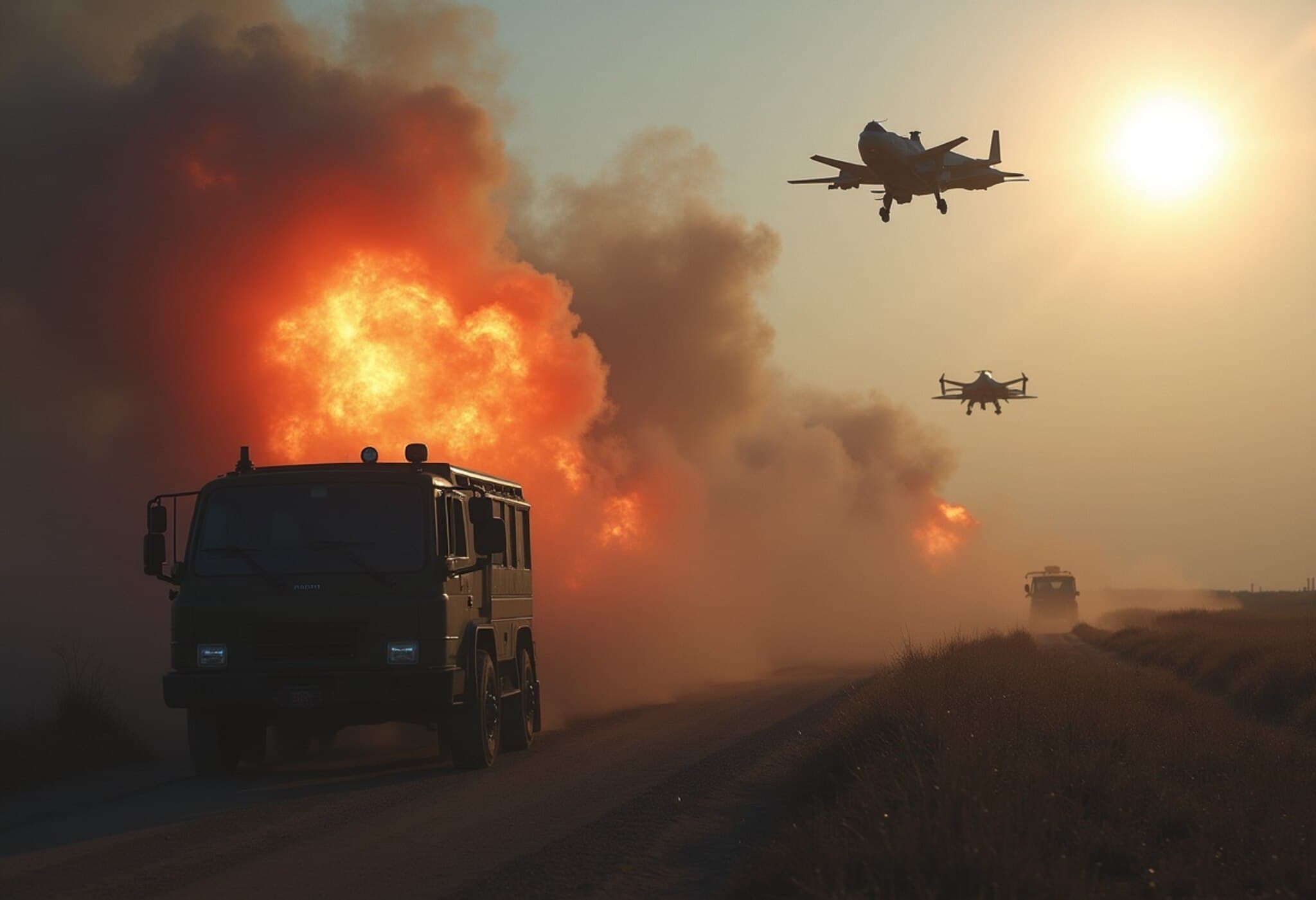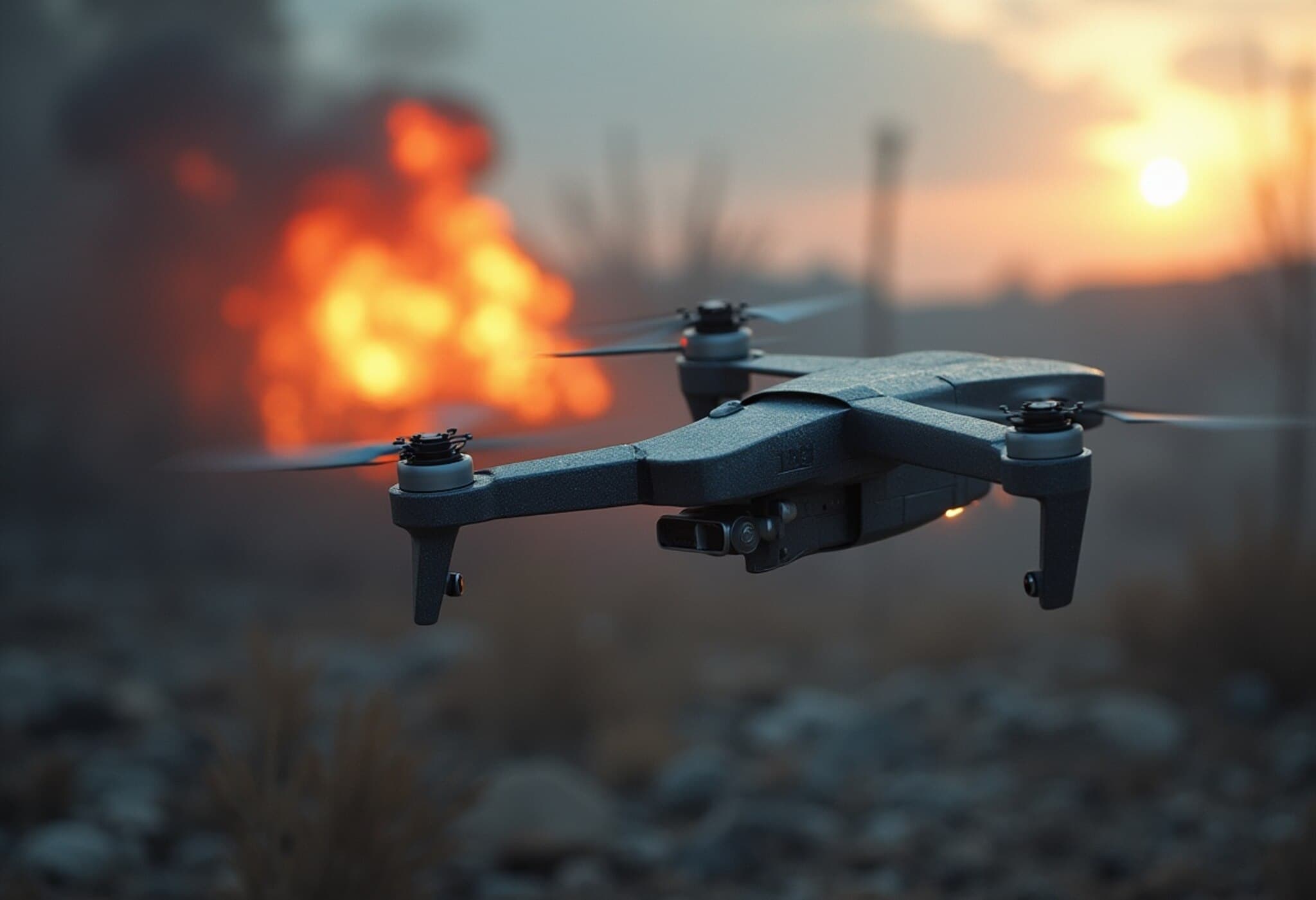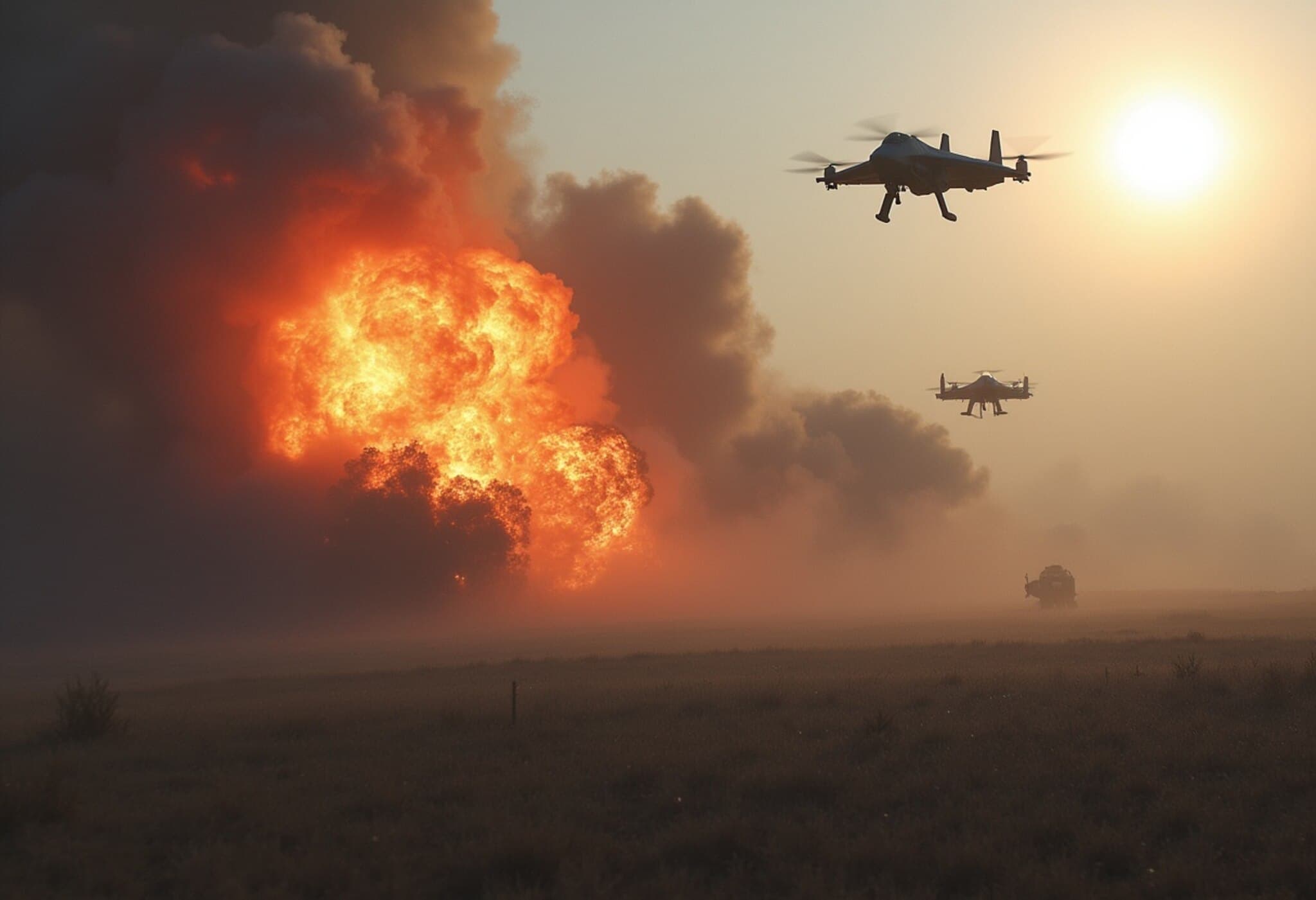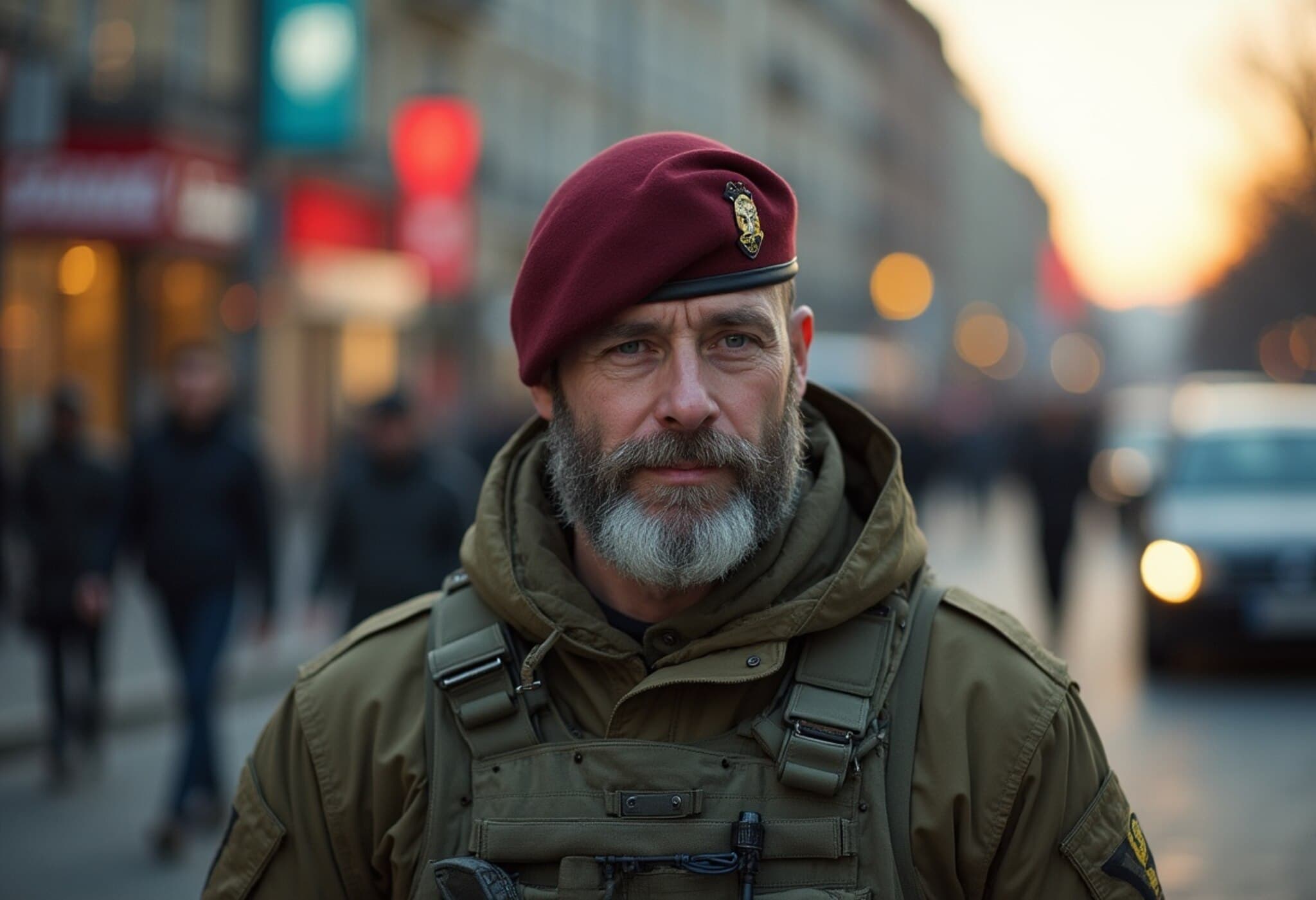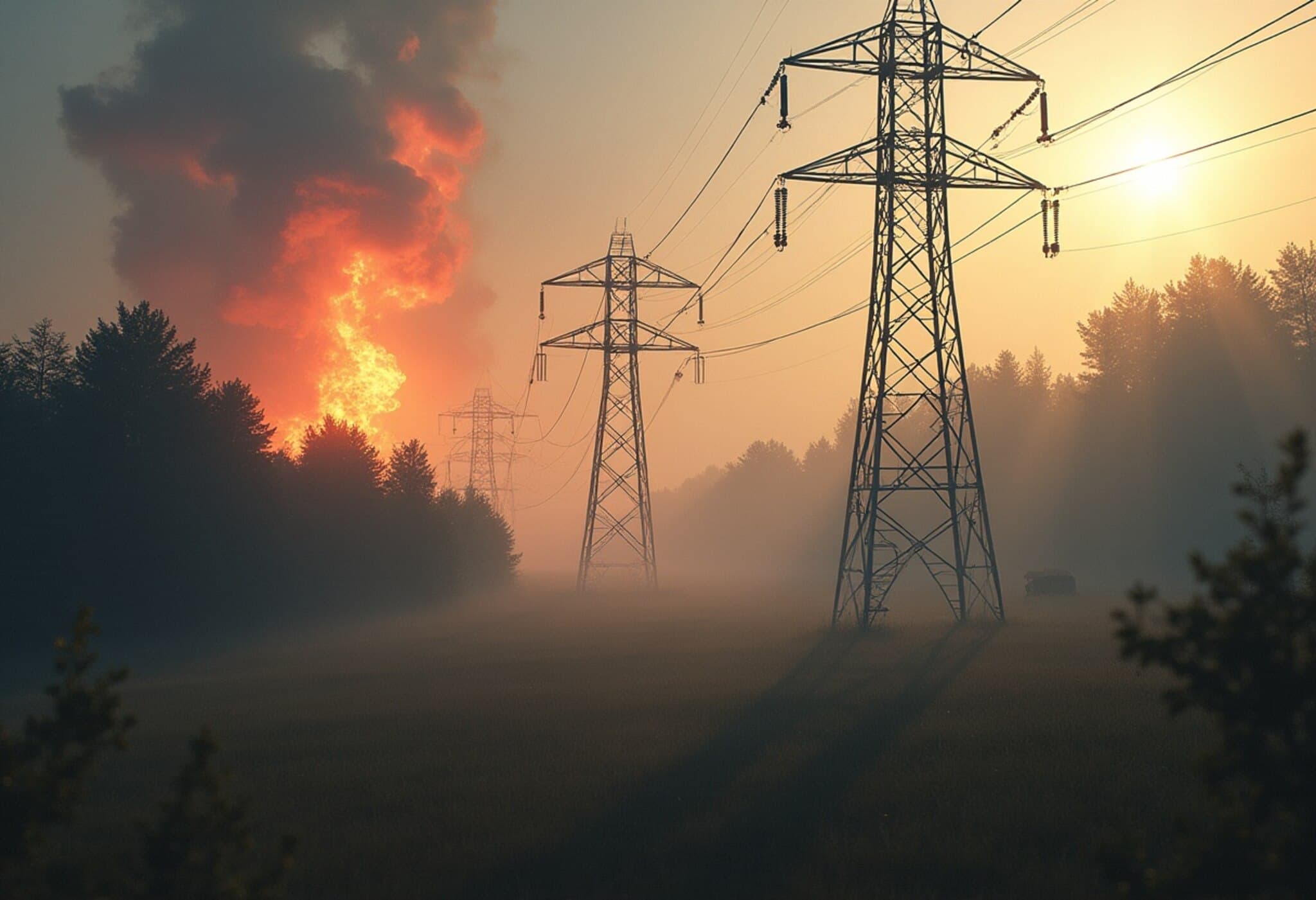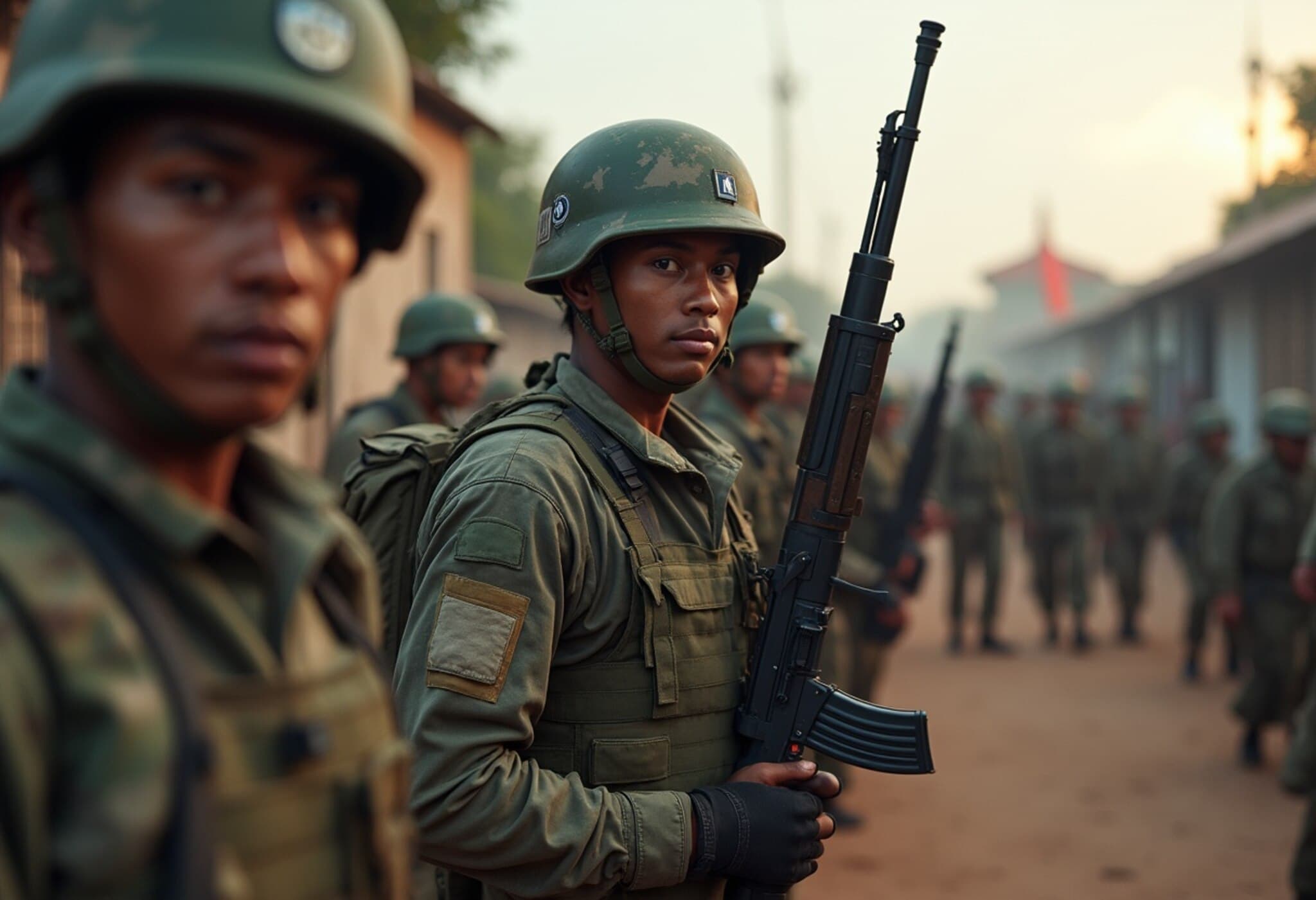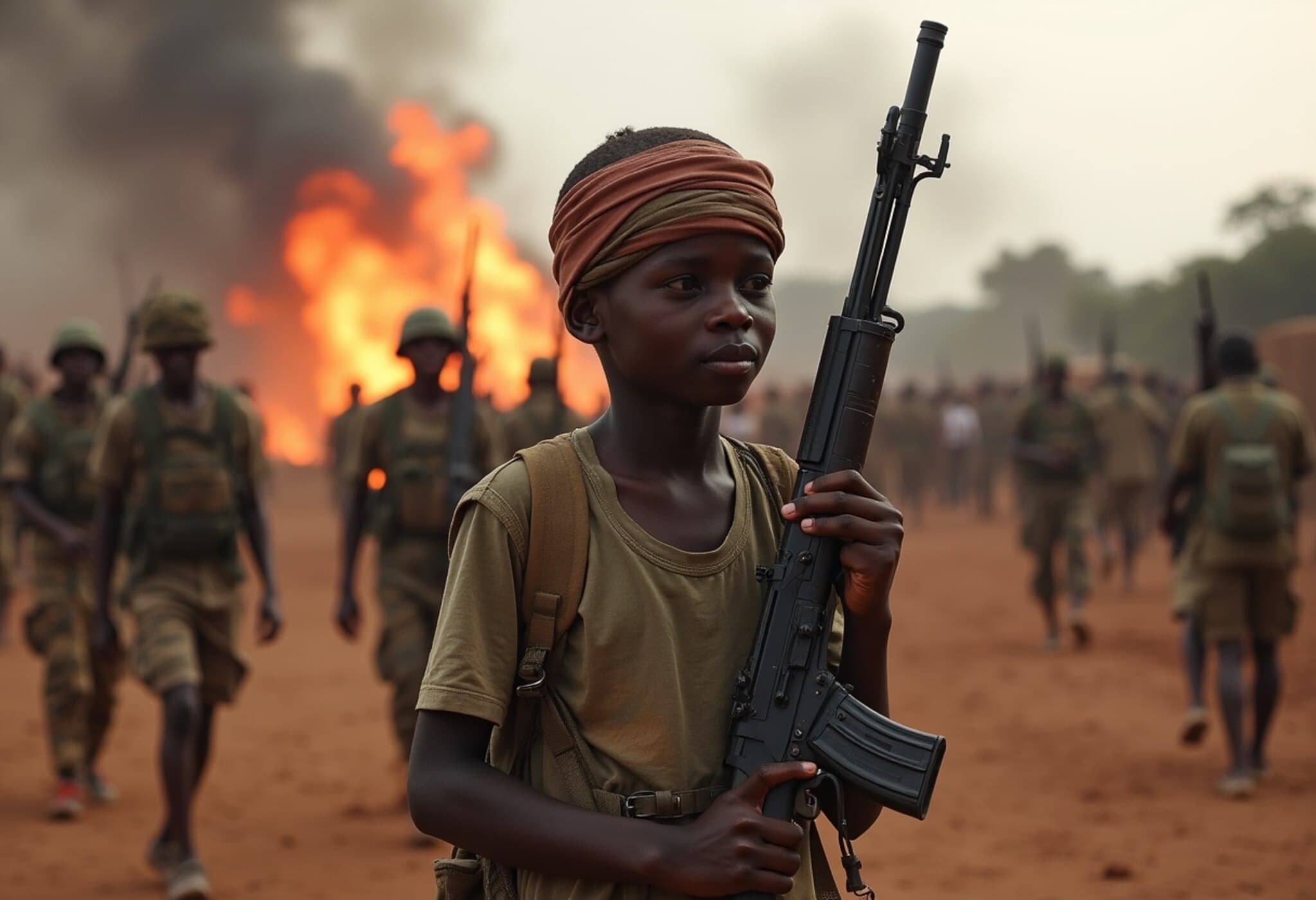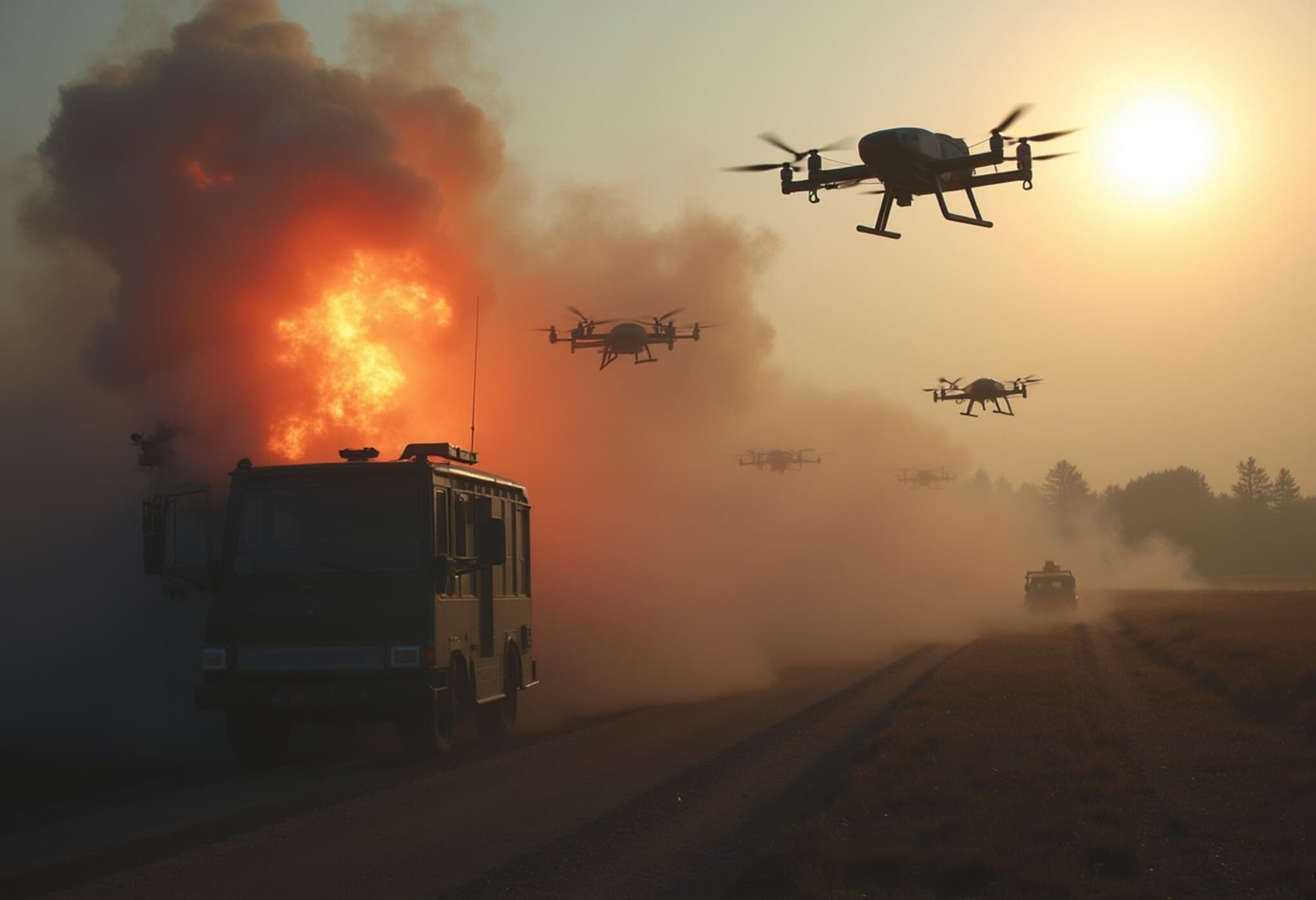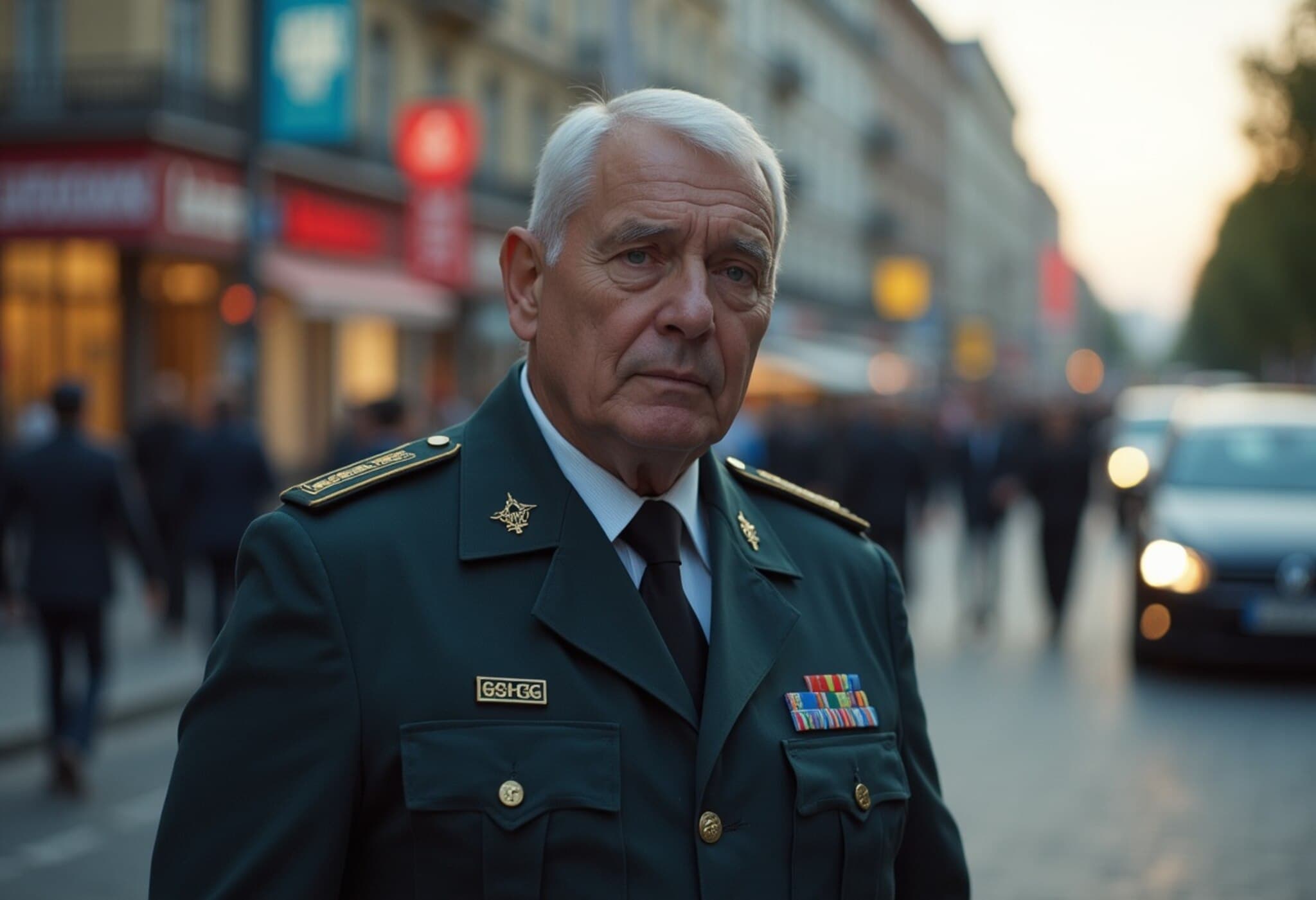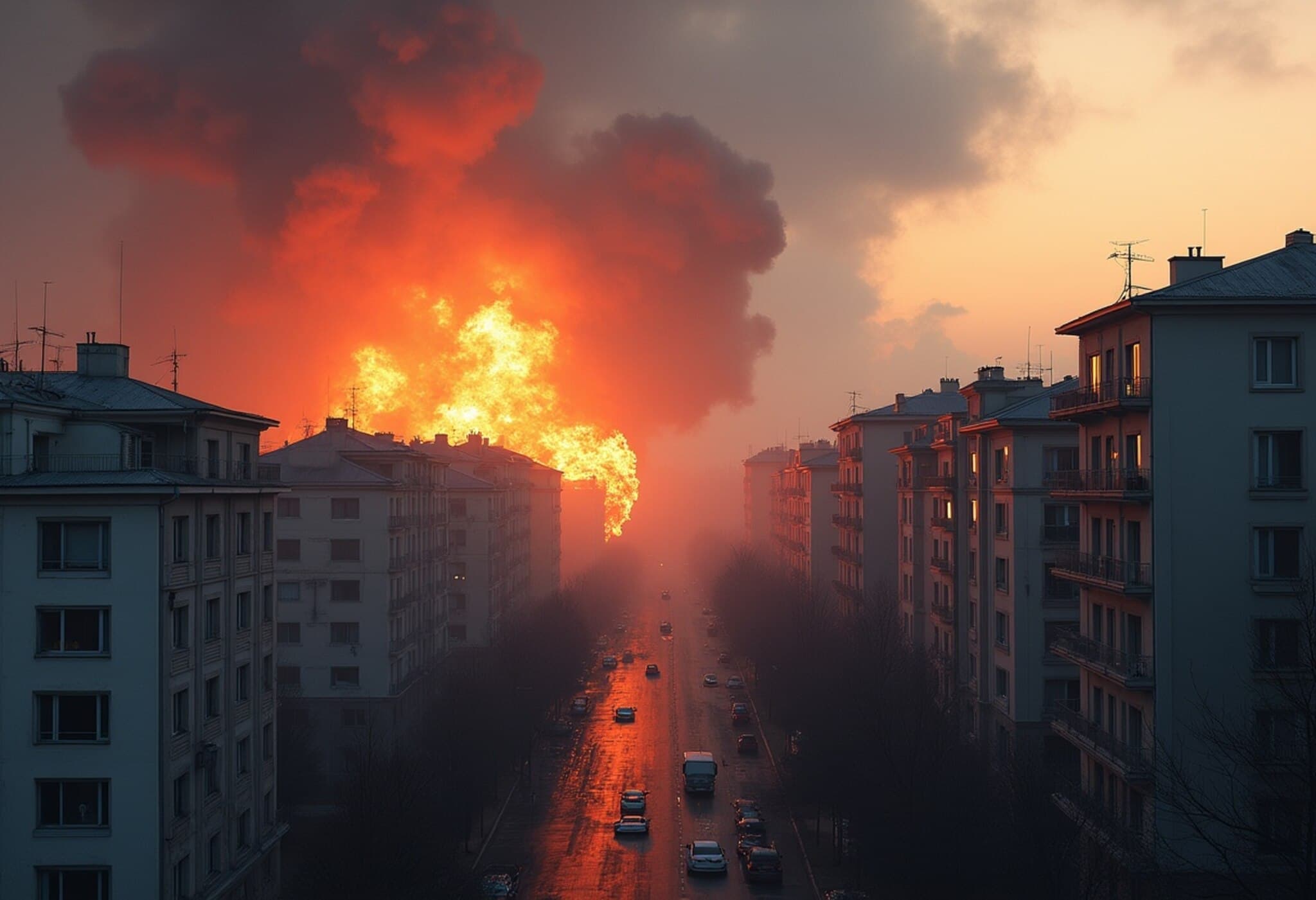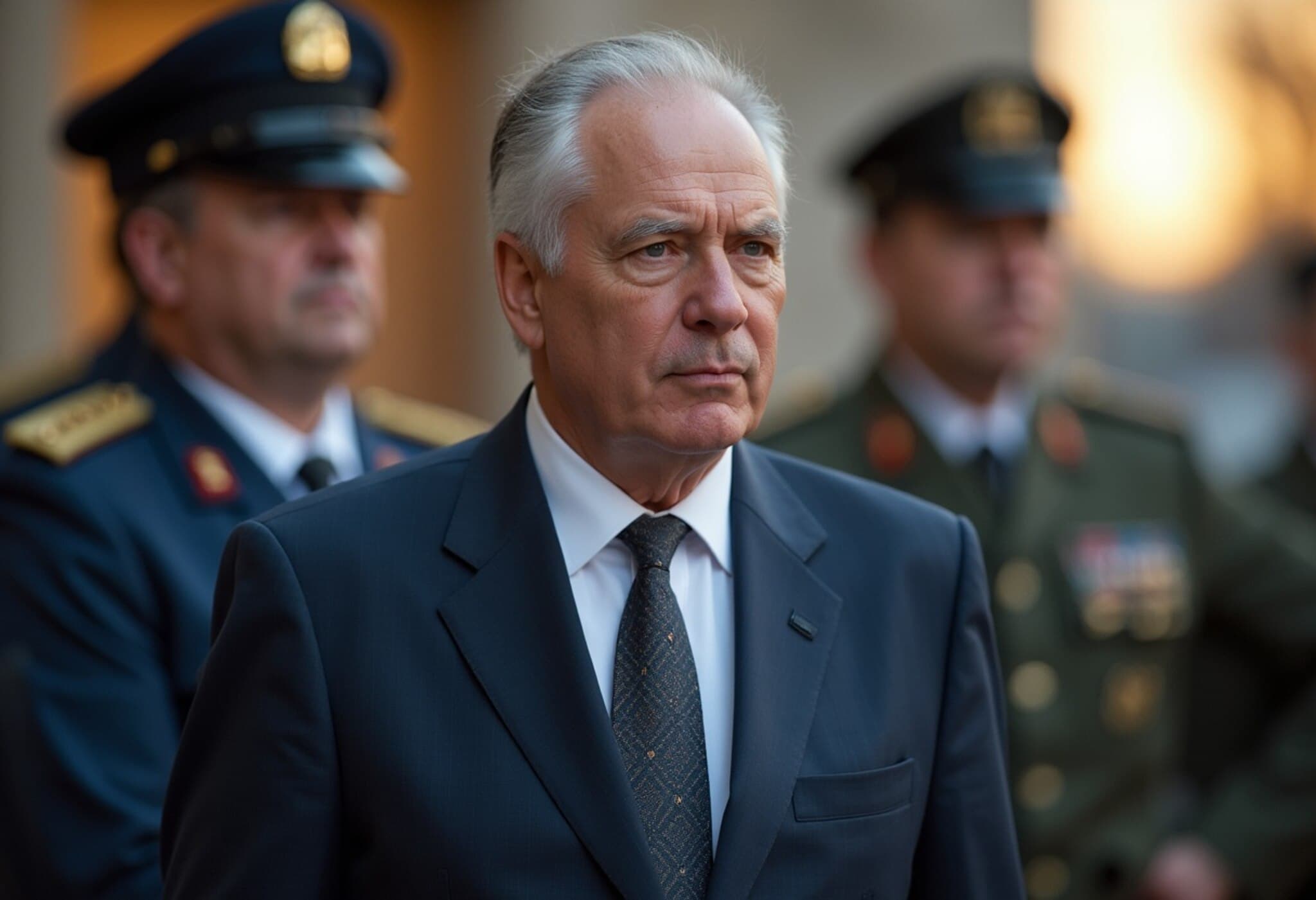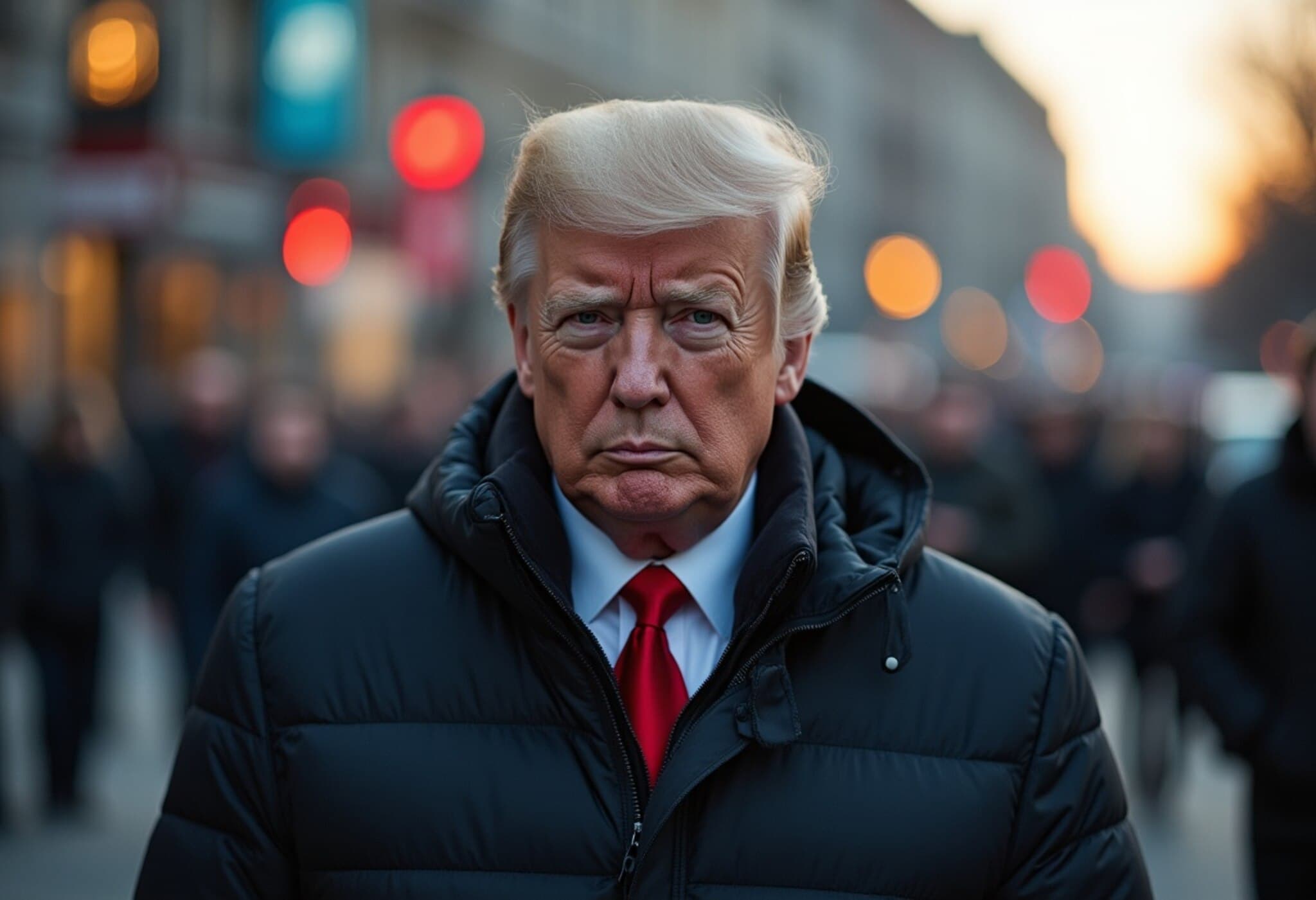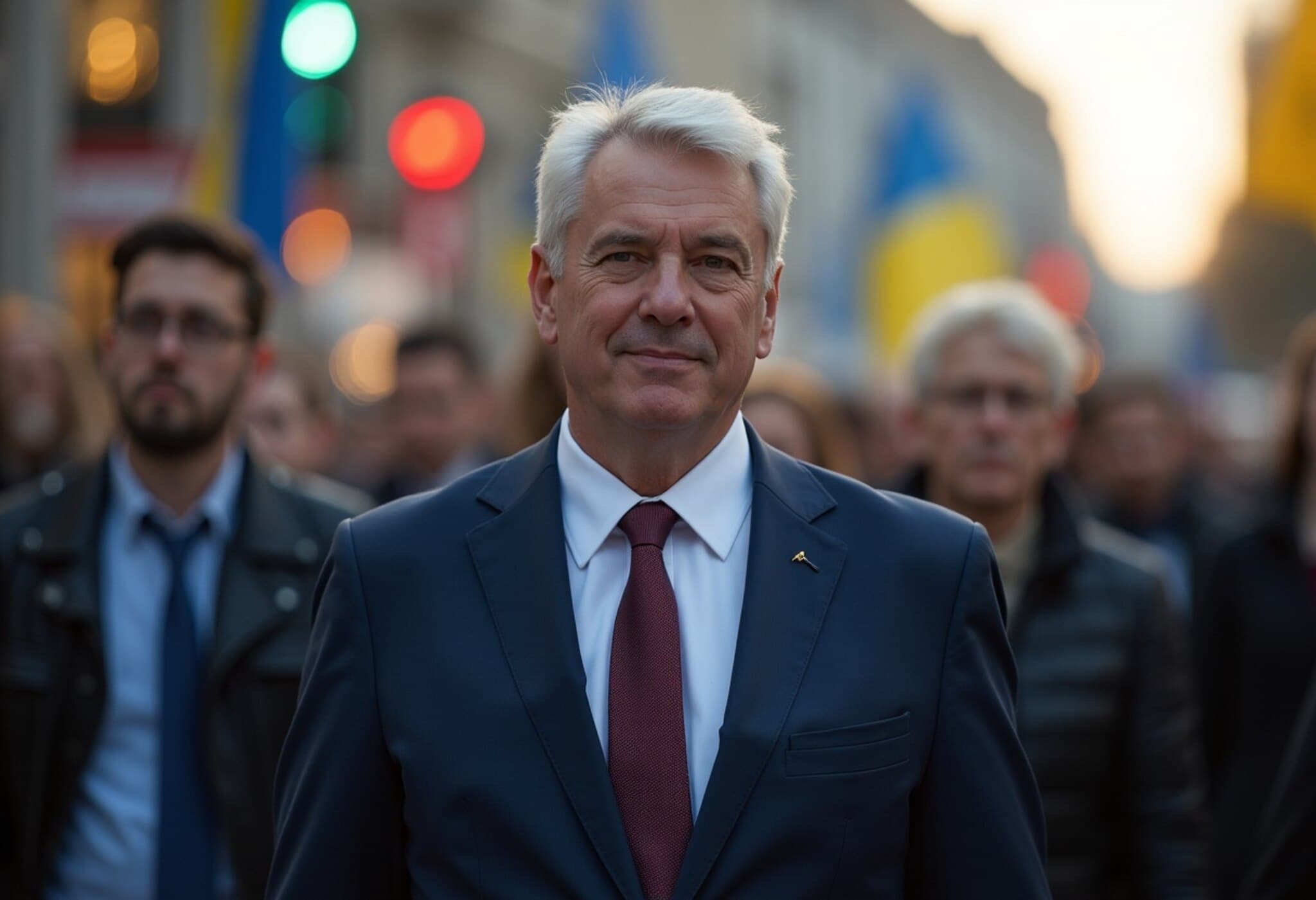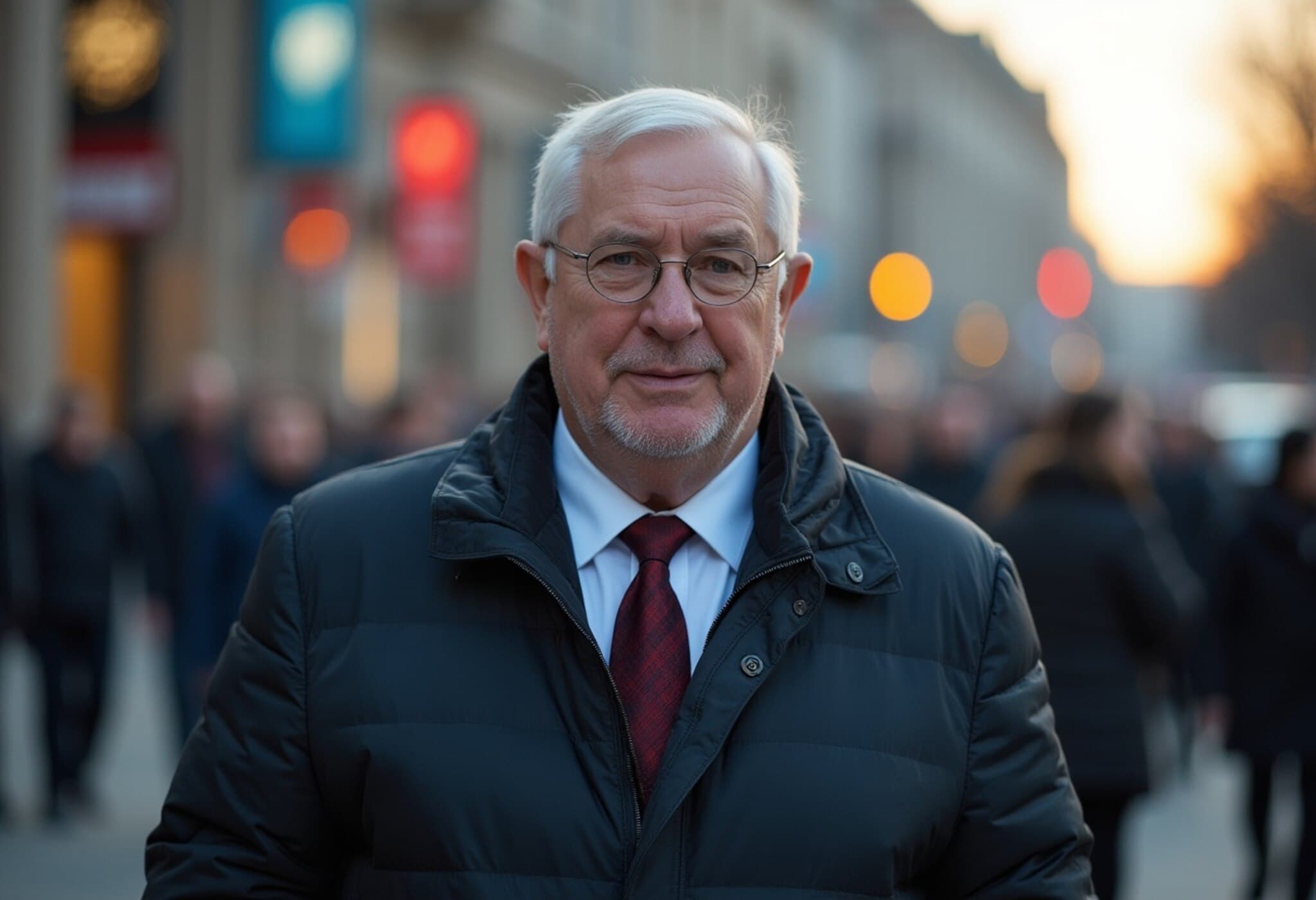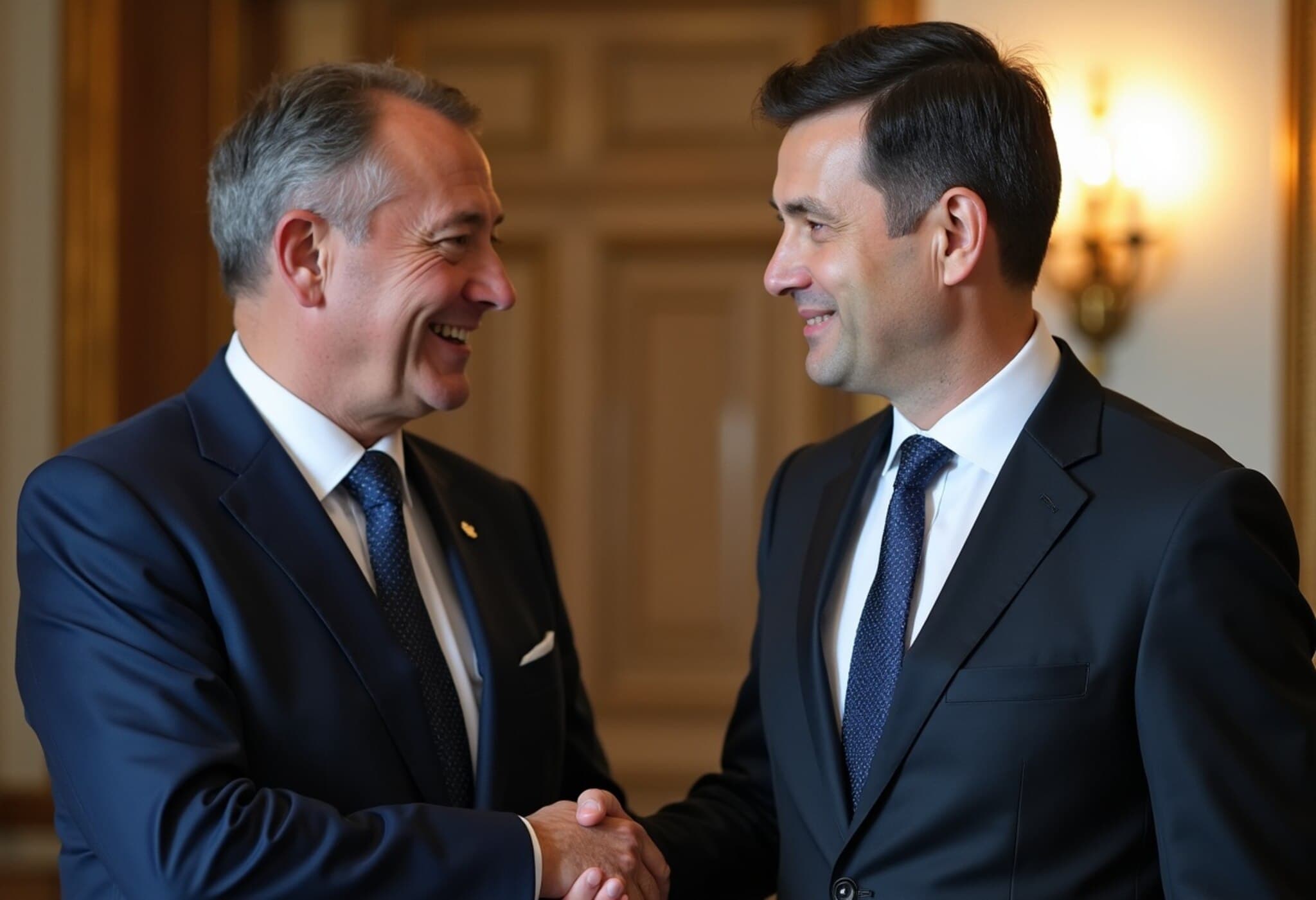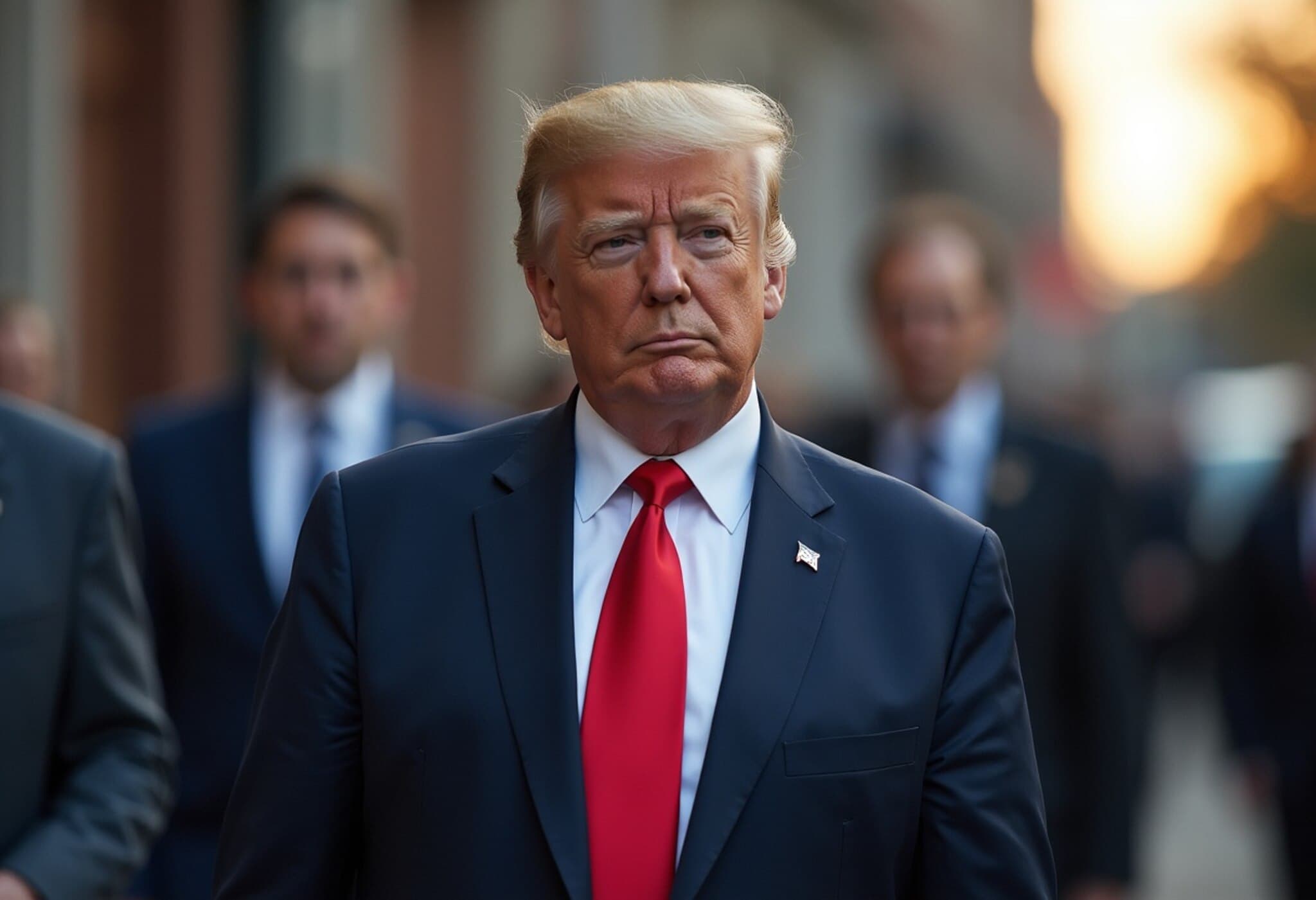Ukrainian Security Official Killed in Kyiv Assassination Amid Russian Strikes
In a stark reminder of the escalating shadow war within Ukraine’s capital, a senior Ukrainian Security Service (SBU) official was fatally shot in Kyiv on Thursday morning in what authorities are calling a suspected targeted assassination. This grim incident unfolded on a day when Russian missile and drone attacks also intensified, tragically killing at least two civilians and injuring 16 others across the city.
Disturbing CCTV Footage Reveals the Attack
A CCTV video circulating on social media reportedly captures the moment the official exited his Kyiv apartment during daylight hours, carrying several bags toward a parked car. Suddenly, a masked armed assailant appears, confronts him, and fires several shots, causing the victim to collapse. The footage also shows civilian bystanders hastily fleeing the chaotic scene, underscoring the high-risk environment within Kyiv.
Security Service Silent on Motivations
The SBU confirmed the death, emphasizing that a thorough investigation into the motives and perpetrators is underway. However, they have withheld further information, fueling speculation about whether this was an act of foreign retaliation, internal sabotage, or linked to ongoing intelligence operations. Given the critical role of the SBU in counterintelligence and covert operations, this assassination highlights vulnerabilities amidst the intense clandestine battles being waged.
Context: Ukraine’s Counteroffensive and Targeted Strikes on Russian Leadership
The killing occurs against the backdrop of heightened tensions as Kyiv continues offensive operations targeting Russian military leadership. Just weeks ago, Ukrainian forces struck Russia’s Kursk region, killing Mikhail Gudkov, Deputy Commander-in-Chief of the Russian Navy—a significant blow to Moscow’s military command. This follows a pattern of high-profile attacks that have unsettled the Kremlin, including car bombings and targeted killings of Russian generals allegedly linked to Ukrainian intelligence.
The Shadow War’s Wider Implications
The targeting of high-ranking officials on both sides signals a grim new phase of the Ukraine conflict where covert assassinations and intelligence operations become front-line weapons. Such incidents pose critical questions for U.S. and NATO policymakers, who are grappling with how best to support Ukraine’s security while avoiding a broader escalation with Russia. Experts warn that these shadowy confrontations complicate diplomatic efforts and add layers of uncertainty to an already volatile war environment.
Expert Analysis: What This Means for Kyiv and Its Allies
Timothy Carmichael, a former intelligence analyst specializing in Eastern Europe, notes, “This assassination is emblematic of how urban centers like Kyiv are no longer just battlegrounds for missiles but arenas for espionage and targeted killings. It reflects both the desperation and sophistication on all sides, with intelligence operatives facing lethal risks daily.”
U.S. defense officials express concern that the killing might escalate tit-for-tat operations, pushing both Russia and Ukraine into even more dangerous covert engagements. They emphasize the need for robust intelligence-sharing among allies and enhanced counterintelligence measures to protect key personnel.
Looking Ahead: The Human Cost and Security Challenges
Beyond geopolitical ramifications, this assassination deeply impacts the morale and security within Ukraine. Security Service officials, who operate under constant threat, now face heightened danger even in supposedly secured areas like Kyiv. The attack raises urgent questions:
- How will Ukraine adapt its internal security protocols in the wake of targeted killings?
- What measures can international partners take to bolster Kyiv’s intelligence resilience?
- Could this signify a new multiplier effect, increasing covert violence inside Ukraine?
As the war unfolds, these concerns will shape strategies and narratives on the global stage.
Editor's Note
The assassination of a top Ukrainian security official within Kyiv's own streets is more than a tragic headline—it underscores the invisible but deadly frontlines of intelligence warfare intersecting with the brutal, overt conflict. It invites us to reflect on the fragility of security even in capitals, the human costs borne by those in the shadows, and how future diplomacy might contend with these hardened realities. Readers should watch closely how Ukraine and its allies respond to these evolving threats, as this could redefine the scope and intensity of the conflict.


